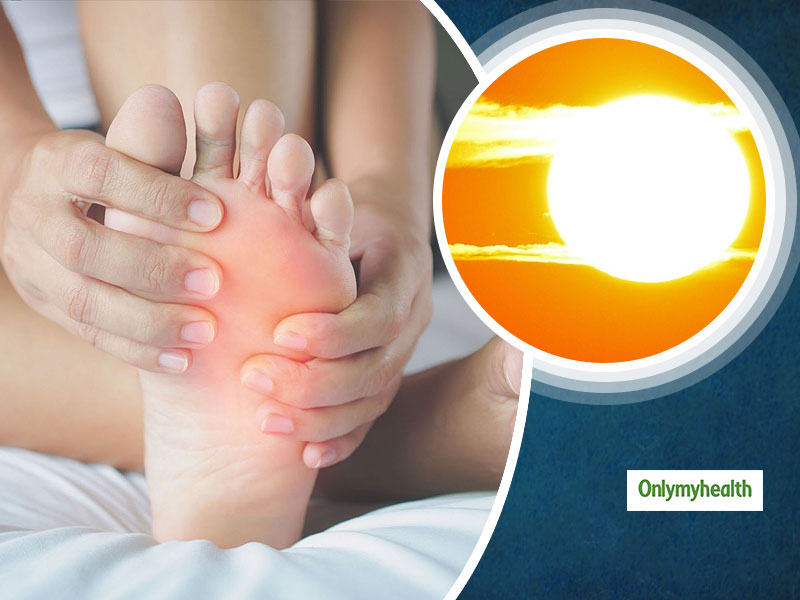
Heat-related illness is widespread when the environment temperature rises above 40deg C. It can be present in different ways, ranging from Heat oedema to heatstroke. Out of these, Heatstroke is the most severe and life-threatening condition which should be prevented by taking precautions. Excessive exercise, exposure to the high-temperature cloudy environment (more than 40deg C), confinement to closed working chamber, cars etc. may lead to these heat-related consequences. Minor presentation when we are exposed to a hot environment for shorter duration includes Heat oedema, prickly heat (rashes with itching ), Heat cramps etc. But when the temperature rises, especially in the mid-afternoon of summer - we start feeling giddiness, vomiting, pain abdomen, generalised body ache and confusion, delirium, seizures and can even lead to the comma.
- How to identify Heat-related illness? Any person with a history of prolonged exposure to a hot environment with no underlying acute medical conditions should be suspected and managed accordingly.
- How to stop heat oedema? Hold the swelled part of your body several times a day (above the level of your heart). While you sleep (in some cases), elevating the affected body part may be helpful. Massage. Stroke the affected area toward your heart (use firm but not painful). Do you know that pressure may help move the excess fluid out of that area?
- What to do if we get such patients outside or even if we feel similar symptoms for ourselves: Immediate shifting to a shady and cold place, open the clothes to expose the body as much we can, Tepid sponging, blowing misted air with fan and if very serious then immediately shifting the concerned person to the nearest hospital.
Also Read: Try These Essential Oils To Boost Mental and Emotional Health
Can heat-related illness be preventable?
Yes, it can be prevented successfully by taking the following precautions.
- Decreasing or rescheduling strenuous activity for cooler parts of the day.
- Wearing clothing that is light-coloured and loose-fitting.
- Increasing carbohydrate intake and decreasing protein intake to reduce endogenous heat production.
- Drinking plenty / adequate amount of fluids, even when not thirsty.
- Avoiding alcoholic beverages because they promote dehydration.
- Not using salt tablets.
- Avoiding direct exposure to the sun.
- Taking advantage of the shade.
Also Read: Notable Benefits Of Massaging Your Hair With Peppermint Oil

Few public health measures which we can advise:
- Pay attention to environmental conditions, especially the heat index/weather forecast.
- Emphasize adequate hydration
- Educate the public to seek immediate assistance or consult a medical practitioner if developed any signs of heat-related illness.
- Extend social service care for the chronically ill and the elderly.
- Allow for acclimatization of labourers, workers, athletes, and military personnel and other high-risk staffs. (Acclimatization is an adaptation of the body’s heat stress mechanisms to increase the efficiency of heat loss in a hot climate.)
- Implement paced work schedules for those who must work under adverse conditions.
- Educate coaches, teachers, youth group, other target group leaders about heat-related illnesses.
- Educate the elderly and patient with multiple comorbid at health clinics / public markets.
- Optional outside activities that may increase exposure to extreme temperature to be avoided.
- Remind parents that they should never leave their children unattended in an automobile.
(The article has been medically reviewed by Dr Shiv N Gupta, Senior resident, Acharya Shree bhikshu hospital, Moti Nagar)
Read More in Home Remedies
How we keep this article up to date:
We work with experts and keep a close eye on the latest in health and wellness. Whenever there is a new research or helpful information, we update our articles with accurate and useful advice.
Current Version